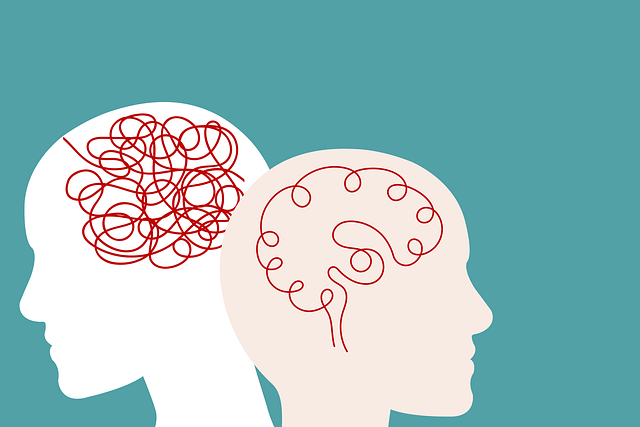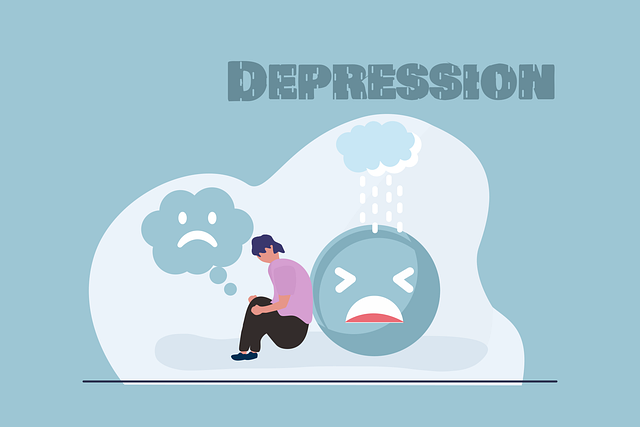Westminster Mens Issues Therapy (WMIT) emphasizes that cultural sensitivity is key to effectively addressing men's mental health issues. Training in cultural competency helps healthcare providers tailor care, build trust with diverse clients, and empower them to embrace their cultural identities. WMIT faces challenges due to cultural differences in expressing emotion, leading to underrepresentation in therapy. To overcome this, therapists must adapt practices, use non-verbal conflict resolution, align well-being promotion with cultural beliefs, teach stress management respecting varied perspectives, and engage in self-reflection to reduce bias and burnout. Tailoring approaches to diverse cultural contexts strengthens client-therapist relationships and creates effective interventions for all.
In the realm of mental healthcare, cultural sensitivity is a game-changer, especially within specific communities like Westminster men. The current landscape of therapy often overlooks unique challenges faced by male individuals from diverse cultural backgrounds. This article explores these nuances, focusing on Westminster Men’s Issues Therapy. We delve into understanding cultural sensitivity, identifying barriers, and offering strategies to enhance practice competencies, ensuring inclusive and effective support for all.
- Understanding Cultural Sensitivity in Mental Healthcare
- Challenges and Barriers in Westminster Mens Issues Therapy
- Strategies for Culturally Competent Practice
Understanding Cultural Sensitivity in Mental Healthcare

Cultural sensitivity in mental healthcare is a vital aspect that cannot be overlooked, especially when addressing men’s issues in therapy settings, such as those offered at Westminster Mens Issues Therapy. Understanding cultural sensitivity means recognizing and appreciating the diverse backgrounds, beliefs, and values of clients. It involves creating an environment where individuals from different ethnic, racial, religious, or socio-economic groups feel accepted, respected, and understood. This is crucial for building trust between the healthcare provider and the client, which is essential for effective therapy.
Emotional regulation, a key component often discussed in men’s issues therapy, can be enhanced through cultural sensitivity. Healthcare provider cultural competency training equips professionals with the skills to navigate these nuances, ensuring that clients from diverse backgrounds receive care tailored to their unique needs. This approach fosters resilience building, as clients are supported not just in managing their emotional challenges but also in understanding and embracing their cultural identities.
Challenges and Barriers in Westminster Mens Issues Therapy

The Westminster Mens Issues Therapy (WMIT) landscape presents unique challenges and barriers when addressing cultural sensitivity in mental healthcare. In a society that values individualism and direct communication, often seen in Western cultures, therapists face the hurdle of understanding and respecting differing cultural expressions of emotion and distress. Men from diverse ethnic backgrounds may exhibit reluctance to seek therapy due to societal norms that discourage emotional vulnerability, leading to underrepresentation in mental health services.
These cultural nuances can significantly impact the therapeutic process, demanding that WMIT professionals adapt their practices. Incorporating conflict resolution techniques that respect non-verbal communication cues and embracing emotional well-being promotion techniques tailored to diverse cultural beliefs are essential steps. By learning stress management strategies that align with various cultural perspectives, therapists create a safe space for clients to express themselves honestly, fostering more effective treatment outcomes.
Strategies for Culturally Competent Practice

Incorporating cultural sensitivity into mental healthcare practice is vital for providing effective and equitable care, especially when addressing men’s issues in therapy settings, like those offered at Westminster Mens Issues Therapy. Therapists should engage in continuous self-reflection to recognize their own biases and assumptions about different cultures. This awareness allows professionals to create a safe and non-judgmental environment where clients feel heard and understood. One powerful strategy is to incorporate mindfulness meditation techniques, which have been shown to benefit emotional well-being promotion, helping individuals cultivate present-moment awareness and reduce burnout prevention.
Additionally, adapting therapeutic approaches to respect cultural contexts can significantly enhance the client-therapist relationship. This might involve learning about specific cultural practices, beliefs, and communication styles. For instance, some cultures may prefer communal problem-solving while others emphasize individual autonomy. By embracing these differences, therapists can tailor their methods, ensuring that interventions are not only culturally competent but also meaningful and effective for diverse populations seeking support.
Cultural sensitivity is an indispensable aspect of mental healthcare, especially within specialized areas like Westminster Men’s Issues Therapy. By recognizing and addressing cultural barriers, therapists can create a more inclusive environment, leading to improved outcomes for diverse clients. Implementing culturally competent strategies ensures that individuals from various backgrounds receive tailored support, ultimately fostering better mental well-being in our diverse society. This approach is vital to breaking down barriers and promoting equitable access to quality therapy services.








